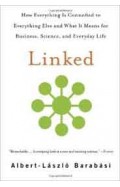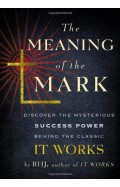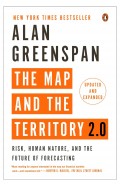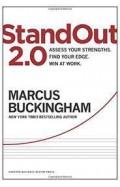- Home
- Urdu Books
- Children's Urdu Books
- Business & Management
- Insurance
- No God But GainThe Untold Story of Cuban Slaverythe Monroe Doctrineand the Making of the United States
No God But GainThe Untold Story of Cuban Slaverythe Monroe Doctrineand the Making of the United States
By: Stephen Chambers
-
Rs 2,630.75
- Rs 3,095.00
- 15%
You save Rs 464.25.
Due to constant currency fluctuation, prices are subject to change with or without notice.
| Book | |
| What's in the Box? | 1 x No God But GainThe Untold Story of Cuban Slaverythe Monroe Doctrineand the Making of the United States |
No God But GainThe Untold Story of Cuban Slaverythe Monroe Doctrineand the Making of the United States
By: Stephen Chambers
Rs 2,630.75 Rs 3,095.00 Ex Tax :Rs 2,630.75
Zubin Mehta: A Musical Journey (An Authorized Biography)
By: VOID - Bakhtiar K. Dadabhoy
Rs 892.50 Rs 1,050.00 Ex Tax :Rs 892.50
Every Man in This Village is a Liar: An Education in War
By: Megan Stack
Rs 684.25 Rs 805.00 Ex Tax :Rs 684.25
Linked: How Everything Is Connected to Everything Else and What It Means for Business Science and Everyday Life
By: Albert-laszlo Barabasi
Rs 1,435.50 Rs 1,595.00 Ex Tax :Rs 1,435.50
Strategies for the Future Understanding International Business
By: Ajeet N. Mathur
Rs 2,155.50 Rs 2,395.00 Ex Tax :Rs 2,155.50
The Meaning of the Mark Discover the Mysterious Success Power Behind the Classic It Works
By: R. H. Jarrett
Rs 3,595.50 Rs 3,995.00 Ex Tax :Rs 3,595.50
The Map and the Territory 2.0 RiskHuman Natureand the Future of Forecasting
By: Alan Greenspan
Rs 1,100.75 Rs 1,295.00 Ex Tax :Rs 1,100.75
StandOut 20 Asse Your Strengths Find Your EdgeWin at Work
By: Marcus Buckingham
Rs 1,695.75 Rs 1,995.00 Ex Tax :Rs 1,695.75
No God But GainThe Untold Story of Cuban Slaverythe Monroe Doctrineand the Making of the United States
By: Stephen Chambers
Rs 2,630.75 Rs 3,095.00 Ex Tax :Rs 2,630.75
Fail Better: Design Smart Mistakes and Succeed Sooner
By: Anjali Sastry
Rs 2,035.75 Rs 2,395.00 Ex Tax :Rs 2,035.75
Every Man in This Village is a Liar: An Education in War
By: Megan Stack
Rs 684.25 Rs 805.00 Ex Tax :Rs 684.25
No recently viewed books available at the moment.
Zubin Mehta: A Musical Journey (An Authorized Biography)
By: VOID - Bakhtiar K. Dadabhoy
Rs 892.50 Rs 1,050.00 Ex Tax :Rs 892.50
No God But GainThe Untold Story of Cuban Slaverythe Monroe Doctrineand the Making of the United States
By: Stephen Chambers
Rs 2,630.75 Rs 3,095.00 Ex Tax :Rs 2,630.75
Every Man in This Village is a Liar: An Education in War
By: Megan Stack
Rs 684.25 Rs 805.00 Ex Tax :Rs 684.25














-120x187.jpg?q6)














